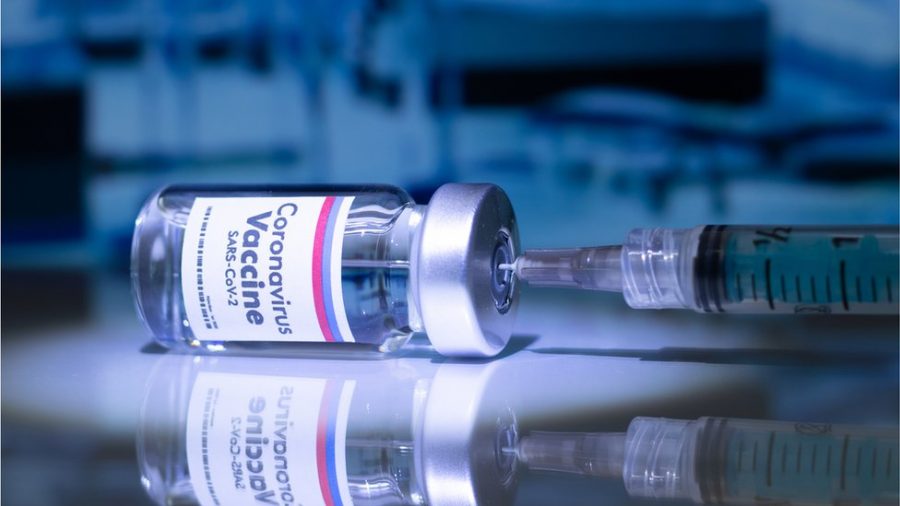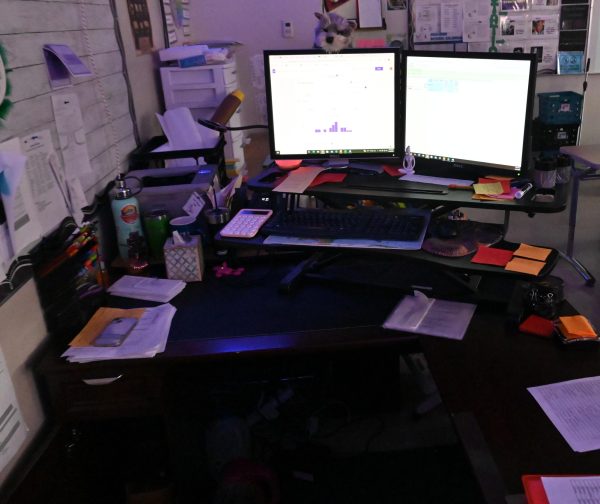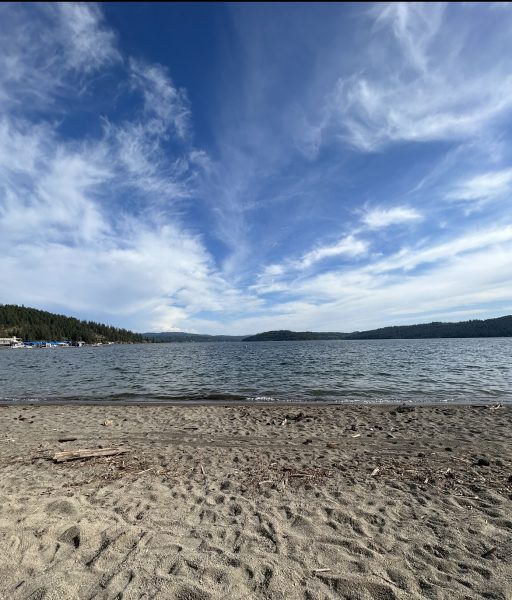Should You Get the Vaccine?
February 25, 2021
There are two types of the COVID-19 vaccines that are currently available: Pfizer-BioNTech, and Moderna. There is a 3rd vaccine called J&J that is not available yet but will be in either March or April.
Pfizer and Moderna work pretty similarly. These vaccines are made by using messenger RNA who delivers genetic code to cells in effect, which makes the surface protein (known as spike) on the SARS-2 virus. The proteins made with the mRNA instructions activate the immune system, teaching it to see the spike protein as foreign and develop antibodies and other immunities to fight it.
The difference between the two vaccines is that the Pfizer vaccine can be given to anyone age 16 and older while only adults age 18 and older can receive the Moderna vaccine. Both companies are currently testing the vaccine in young children.
Both vaccines require two doses, but the time between doses is different. People receiving the second dose of the Pfizer vaccine have to wait at least 21 days after the first dose. The time between Moderna doses is at least 28 days, and both have a 95% efficiency.
Currently, there have been over 300 thousand doses of the first round of Pfizer and Moderna vaccines, and there are over 100 thousand who are fully vaccinated.
But, the J&J vaccine is taking a different approach, it works in a single dose and It uses an inactivated virus, called an adenovirus to teach the body’s immune system to recognize and fight off SARS-2, the virus that causes COVID-19. Similar to how other common vaccines are made.
J&J has an 86% efficiency against the most severe outcomes of the illness. The company estimates that they will be able to provide 20 million shots by April, with an additional 100 million doses over the summer.
The side effects of getting the vaccine are pretty minimal. At the site of the shot you may experience pain and swelling. Other side effects you may get are tiredness, headaches, and muscle aches, and the more extreme side effects you can get are nausea, fever, or chills.
Currently, only essential workers and people at risk can get the COVID-19 shot. It is speculated that the general public will be able to get vaccines in April, and most people will be able to have the vaccine by the summer.
Some misconceptions are that the vaccine will give you the virus, but the vaccine just helps your immune system recognize and fight the virus.
Another misconception is that if you already had the virus you won’t benefit from getting the vaccine, but experts say that even if you’ve had Coronavirus it would still be appropriate for you to get the vaccine to make sure you’re protected.
It’s very important to get vaccinated because if you get sick you could spread the disease to friends, family and others around you. This vaccine is safe because all vaccines must prove that they are safe and effective before any vaccine can be authorized for use.










